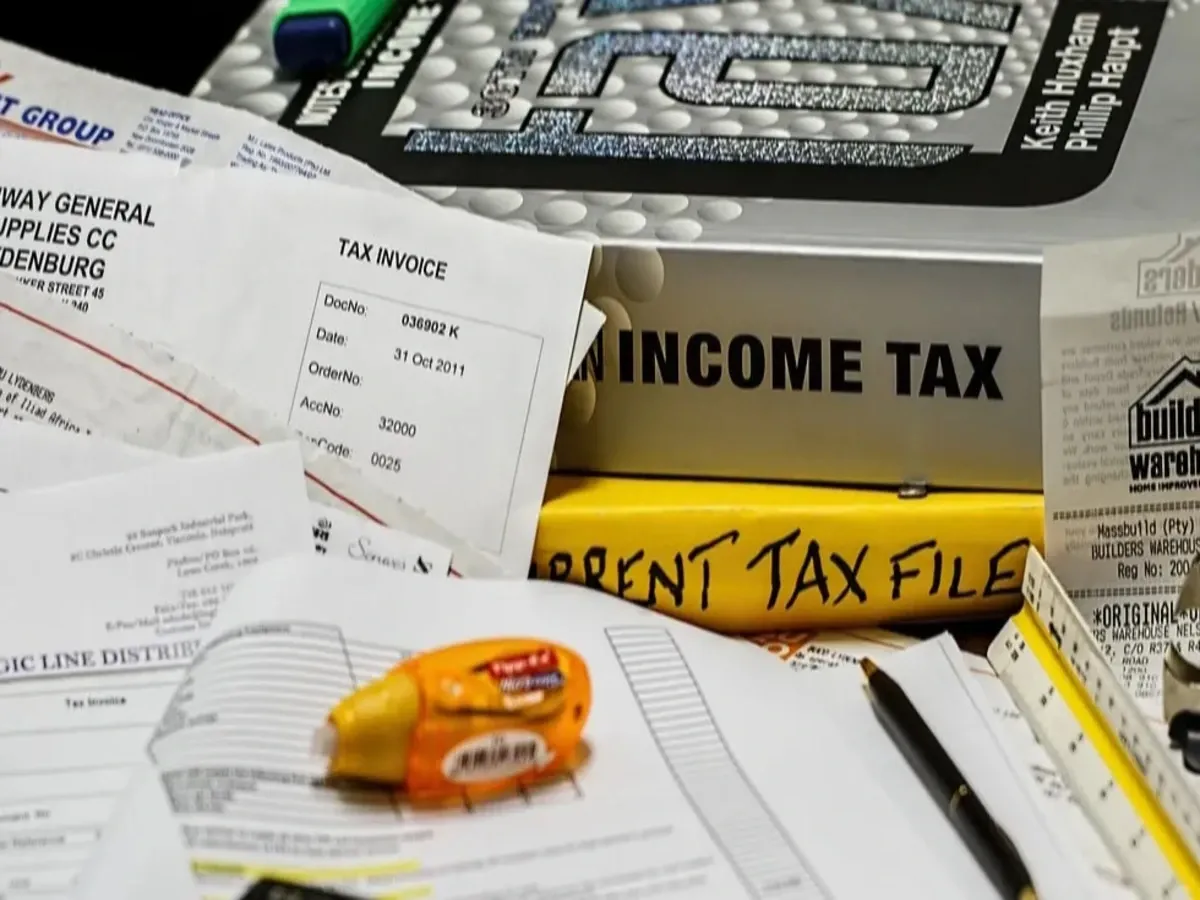Personal Finance News
Income Tax Return 2024: E-verification of ITR now mandatory within 30 days of filing

3 min read | Updated on June 26, 2024, 12:44 IST
SUMMARY
If you miss the e-verification deadline for your ITR, you can request the Income Tax Department for condonation of delay. This essentially implies that you're requesting the department to waive off the penalty and allow you to e-verify when the deadline has passed.

E-verification of ITR is mandatory to complete the filing process
E-verification of Income Tax Return (ITR) is mandatory to complete the filing process. As of August 1, 2022, the window to e-verify ITR has been significantly reduced. The income tax department now requires taxpayers to electronically verify their ITRs within 30 days of filing. This is a significant decrease from the previous time limit of 120 days.
All ITRs submitted online on or after August 1st, 2022 are subject to this change. However, if you have filed your return before that, then the older 120-day deadline still applies. For everyone else, it is mandatory that e-verification is done within a 30-day window.
What is e-verification?
E-verification in ITR filing is the electronic process of verifying the legitimacy of your ITR submission. And it functions as a digital signature, confirming that the information you submitted belongs to you.
Consequences of delaying e-verification:
If you submit the e-verification or ITR-V after the 30-day limit, the date of submission will be treated as the day you filed your return. This applies to ITRs filed electronically on or after August 1, 2022. A penalty will be imposed for late filing.
Even when you fail to submit your ITR by the July 31, 2024 deadline, there is still a chance to file a late return by December 31, 2024. However, a penalty of up to ₹5,000 will be applied.
Taxpayers with a total income of less than ₹5 lakhs will be penalized ₹1,000 for late filing, while no penalty is charged if your total income is below the basic exemption limit.
How to e-verify your ITRs?
OTP on mobile number registered with Aadhaar: If your Aadhaar is linked to your mobile number, you will receive a one-time password (OTP) to e-verify your return.
EVC generated through pre-validated bank account, demat account or ATM: You can generate an electronic verification code (EVC) through these pre-validated accounts if it’s linked to the e-filing portal. For an ATM, one can visit your bank’s ATM and generate EVC using a debit card.
Net banking: If your bank has net banking facilities, you can directly e-verify your ITR on the Income Tax department’s portal.
Digital signature certificate (DSC): It involves using a digital signature certificate to electronically sign and verify your ITR.
Upon successful e-verification, you will receive a success message with a transaction ID shown on the screen and an email confirmation sent to the registered email.
If you miss the e-verification deadline for your ITR, you can request the Income Tax Department for condonation of delay. This essentially implies that you are requesting the department to waive off the penalty and allow you to e-verify when the deadline has passed.
Condonation request implies submitting a request to the department stating the reasons on why you were not able to e-verify on time. It is at the discretion of the department on whether to accept the request and allow e-verification of the return.
By signing up you agree to Upstox’s Terms & Conditions
About The Author
Next Story

